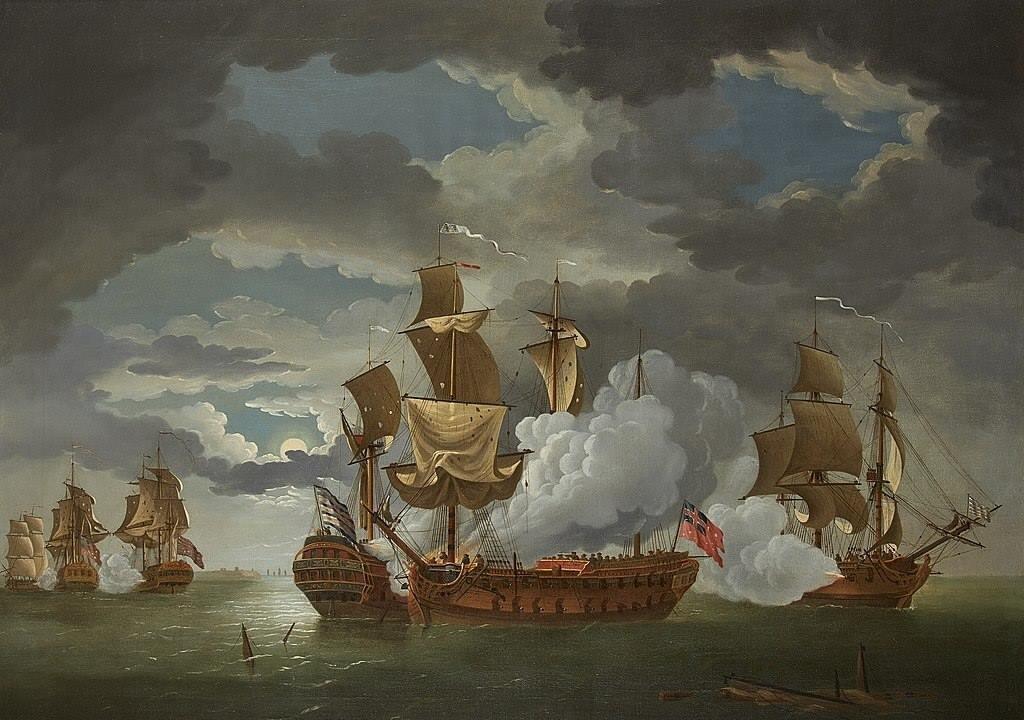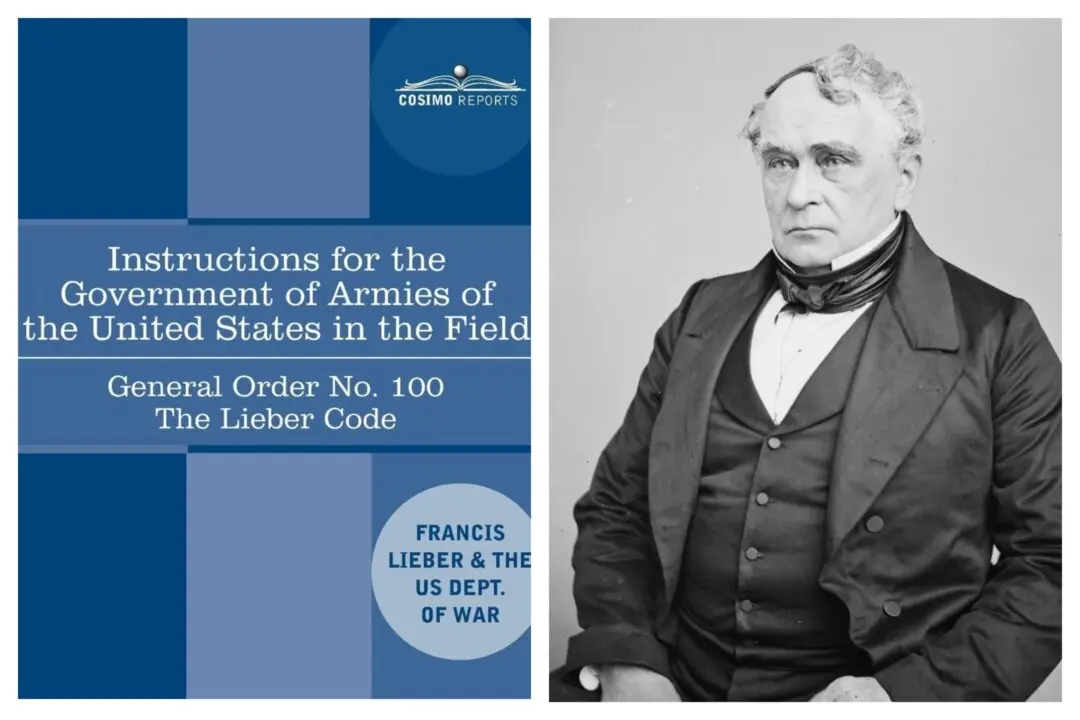Six months had passed since the opening scenes at Lexington and Concord. The Second Continental Congress had been in session for five months. George Washington had been commander-in-chief of the Continental Army for three months. It had been two months since King George III had proclaimed that the 13 colonies had “proceeded to open and avowed rebellion, by arraying themselves in a hostile manner, to withstand the execution of the law, and traitorously preparing, ordering and levying war against us.”
Though the Continental Congress and those of the Continental Army had, according to the king, gone too far, Congress was still hesitant about making a seemingly necessary and inevitable decision. Since the 13 colonies aligned the eastern seaboard, what made for easy maritime trade and disembarkment, had proven to allow for easy naval invasions, especially since the world’s largest navy had now become their enemy.






